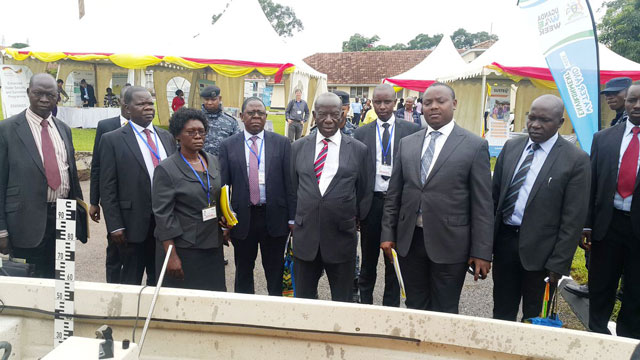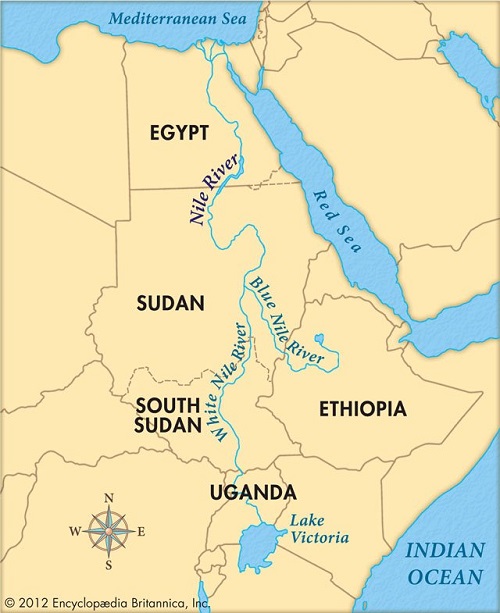
Entebbe, Uganda | THE INDEPENDENT | Buliisa constituency Member of Parliament has questioned the rationale of different states in the Nile Basin, constructing different power dams, calling it lack of a shared vision.
Biraahwa Mukitale was responding to the keynote address on transboundary water cooperation, presented by Professor Emmanuel Kasimbazi, at the ongoing Uganda Water and Environment Week.
The Water Week was launched on Monday by Uganda’s Vice President Edward Ssekandi.
“We all benefit from the same shred water bodies so why don’t we cooperate and harmonize our vision?” he asked. Power generated in Uganda can be shared with other countries in the Nile Basin, but we continue to have parallel visions, Mukitale said. Cooperation on such projects comes with the benefits of economies of scale.
“We are putting parallel investments. There is every solution in shared vision. Why are we so stuck and excited about sovereignty when there are no benefits?” Mukitale questioned. Referring to some conflicts like the one over Migingo Island, the legislator noted that they are all caused by failure to cooperate.
Mukitale also observed that while Uganda is celebrating 25 years of implementing the IWRM approach, government agencies have not really practiced it. He noted that government departments have not demonstrated integrated planning. He noted that each department presents a separate budget for equipment. He gave the example of road construction equipment which can also be used to construct some water projects. “Why should Ministry of Water and Ministry of Works present different budgets for such equipment?” he questioned. “Water resources cannot be planned for by one sector. The same water used to generate power can be used for production and for transport, so you need holistic integrated planning,” he added.

Mukitale also advised that cooperation should also be taken to community level because it directly impacts on people’s livelihoods. “When we talk about transboundary water resources, we are talking about livelihoods of fishing communities and cattle-keeping communities,” he said.
Mukitale emphasized that the future is in cooperation. “We are in the world of interconnectivity and we need to end this colonial mentality tied to boundaries that were artificially created. Let us invest our resources in transboundary shared vision and cooperation. We need to work jointly even on our regional security.”
Professor Emmanuel Kasimbazi,Makerere University Department of Law noted that there are a number of economic benefits accruing from transboundary water cooperation’s such as political benefits like increased Geo-stability and diplomatic relations among the states.
“We don’t have to compete for water resources but we have to cooperate”Kasimbazi said: water resource has the potential to generate many significant benefits for cooperating countries.
In his conclusive remarks, Prof Kasimbazi said it is necessary to manage shared waters in the integrated and sustainable way.
 The Independent Uganda: You get the Truth we Pay the Price
The Independent Uganda: You get the Truth we Pay the Price



